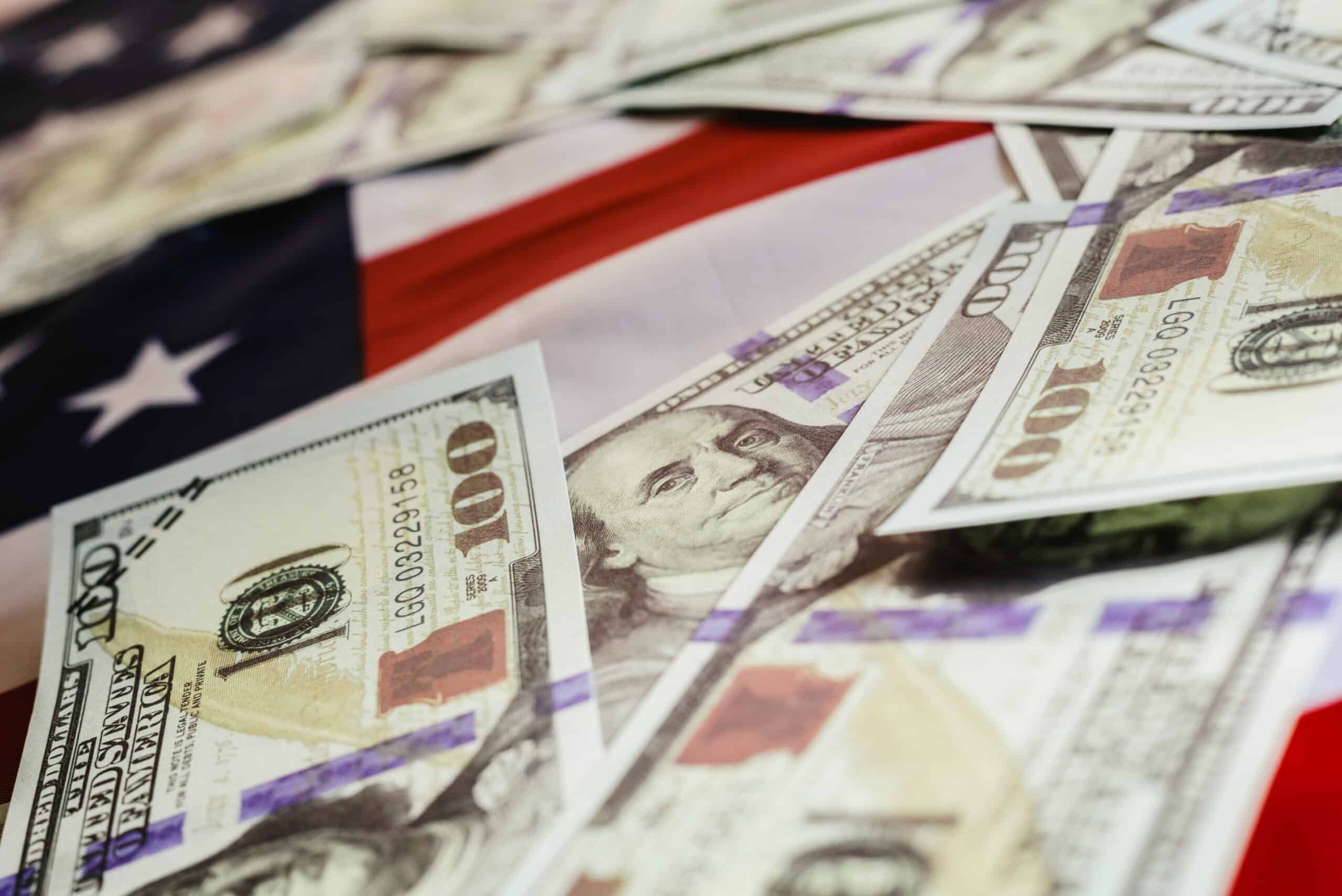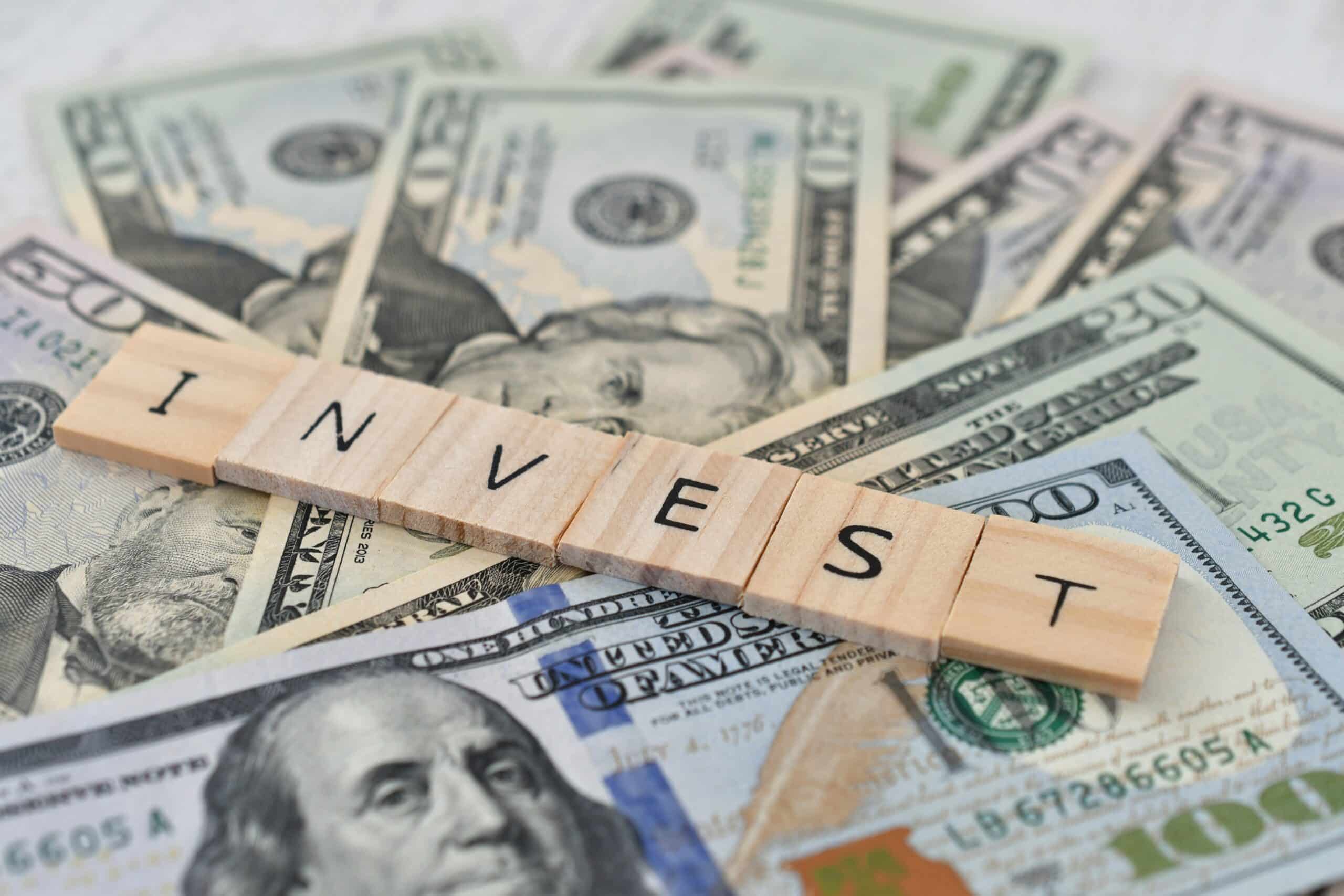What are some of the dreams and goals you have for your life that you would like to accomplish? You want a lovely home that you will own, and not live in a place and worry about the rent you have to pay. Or you want to buy the automobile you’ve been thinking of for so long, but money is constantly short. You want to go on a vacation with your friends or family, but you can barely afford to pay for two-three days.
There are thousands of cases when people have to cancel or postpone their plans until later in life. The cause for this, more often than not, is a lack of money… A simple summary of our intro is that a person who does not have financial independence sadly sometimes can’t even afford to meet their fundamental needs, let alone additional necessities.
If you have identified yourself among these few rows of our essay, then stay on reading. We’ll explain how you may reach financial freedom, and you’d be able to lead a life as you mean!
Focus On Your Income
In the beginning phases of your working life, your monthly salary will be the total of your monetary resources. Just like everyone else, you’ll have to start contributing to the economy by exchanging some of your time for cash during your first few years of financial autonomy. Of course, this isn’t exclusive to the workplace. Your side jobs, in which you use the skills you acquire on the job to make extra money, might also qualify.
The objective, then, is to raise one’s income to the point that saving becomes routine. At first, you’ll probably just make ends meet, but as you advance in your job, you’ll earn a higher economic premium and be in a better position to start saving regularly.
Understand Your Financial Situation
No one has ever achieved financial independence without first establishing a baseline. It might be disheartening to face the cold, hard facts of how much debt you have, how little savings you have, and how much money you need. Still, we can see that this is a positive development.
You should make a list of all your debts, including your mortgage, school loans, vehicle loan, credit cards, and any other bills you may have. Don’t forget to add in any loans you may have incurred from loved ones. Next, analyze your financial savings. Make a complete overview of your savings, including all savings accounts, stocks, stock matching programs, retirement matching programs, and retirement plans offered by your employer. After that, include in your regular monthly income from sources like wages, side gigs, and so on.
Remembering these figures can help you assess your current financial status. Once the deck is laid bare, you’ll be able to see things more clearly.
Learn How To Budget
If you continuously spend more than you make, you will never go ahead financially, making budgeting a vital – but frequently disregarded – aspect of good personal finance. It’s a surefire path to financial problems.
Planning your expenses in advance, which is what budgeting is all about, is the soundest method to keep your spending in check and avoid going into debt. A budget is a plan that details all of your costs and how much of your income may be spent on each one. A budget will reveal where you’re overspending and allow you to make necessary adjustments.
When you put a monetary value on your habits, you’ll quickly become more self-aware of your spending patterns and more driven to make positive changes.
Pay Off Your Debts
Paying off your debt as quickly as possible is a great financial and life move. Having debt is a heavy burden that will prevent you from reaching your financial goals. The elimination of debt should rank high on your list of financial priorities.
It is possible to save more money and reduce debt by increasing income or reducing discretionary spending. Keep in mind that being debt-free is the key to gaining independence financially.
Savings And Emergency Fund
A well-funded emergency fund is a prerequisite to achieving financial freedom. It’s a safety net against the high cost of inevitable but unforeseen things like auto repairs, home repairs, malfunctioning appliances, and even medical fees. Once you’ve paid off your debt, you should prioritize increasing your emergency fund to cover at least three to six months of living costs.
Having emergency funds set aside is a crucial aspect of any sound financial strategy, as they allow you to rest easy in the face of uncertainty. When you finally bring your savings account to zero, you’ll have more leeway in your monthly spending plan. You won’t feel bad about treating yourself to a few more dollars’ worth of clothes or a cappuccino at your favorite cafe.
Summary
These strategies won’t magically fix your money problems, but they’re a decent starting point. Think of them as the foundational steps toward financial freedom! Following our blog isn’t the only way to achieve financial independence; there are plenty of other ways to do so. Just keep at it with dogged determination, and you will succeed before you realize it.


